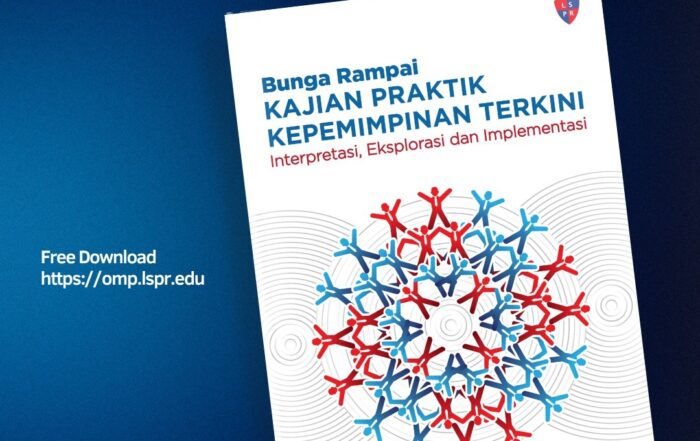

Dua peneliti, Lestari Nurhajati dan Frida Kusumastuti memaparkan hasil penelitian dalam seminar nasional via daring, Selasa (27/10). Foto/Dok/Humas UMM
The development of digital technology today inevitably demands information literacy using digital media. The use of digital media as a means of searching for information is carried out by the younger generation who are included in the digital native category. There are interesting findings from research conducted by Dr. Lestari Nurhajati from LSPR Communication & Business Institute and Dr. Frida Kusumastuti from the University of Muhammadiyah Malang for Generation Z.
The two researchers found that when they use books as a source of information, Generation Z chooses based solely on the book title. They do not see the name of the author and the credibility of the author. Likewise in finding information on digital media. They also do not see the credibility of information sources, but only see the topics that are needed. Even if someone chooses information or messages from influencers, they feel that they have enough to see the credibility of the influencer from its reputation that does not endorse conterfeit goods, not a matter of influencer expertise
“This shows the lack of critical power among them, as one of the literacy competencies. The biggest challenge these new students face is the development of their critical thinking skills,” said Frida Kusumastuti when presenting the research results in the national seminar ‘History of Movements, Maps and Paradigms. Indonesian Literacy: Development and Achievements’ via online, Tuesday (27/10/2020).
The national seminar, which was attended by more than 300 participants with 65 selected papers, was organized by the Reading Interest Penitentiary Movement (GPMB) with the Taman Baca Community and supported by the National Library (26-27 / 10).
On the same occasion, Dr. Lestari Nurhajati, also explained the results of the research entitled “The Potential of Generation Z in Achieving Information Literacy and Digital Literacy in Indonesia”. She underlined that the understanding and concepts of information literacy and digital literacy are often separated in this way. “In this day and age, digital literacy is a big step to unite all literacy movements in Generation Z,” explained Lestari.
The analysis is strengthened by the results of searches using Talkwalker.com’s big data analysis technique, about digital literacy and digital information conversations. In the week of early October 2020, talk about digital literacy and information literacy was monopolized by the younger generation aged 18-24 years.
“From the processed data, it is clear that gene Z is the dominant actor in the process of information literacy and digital literacy,” said Dr. Lestari from the Jakarta Institute of Communication and Business LSPR.











